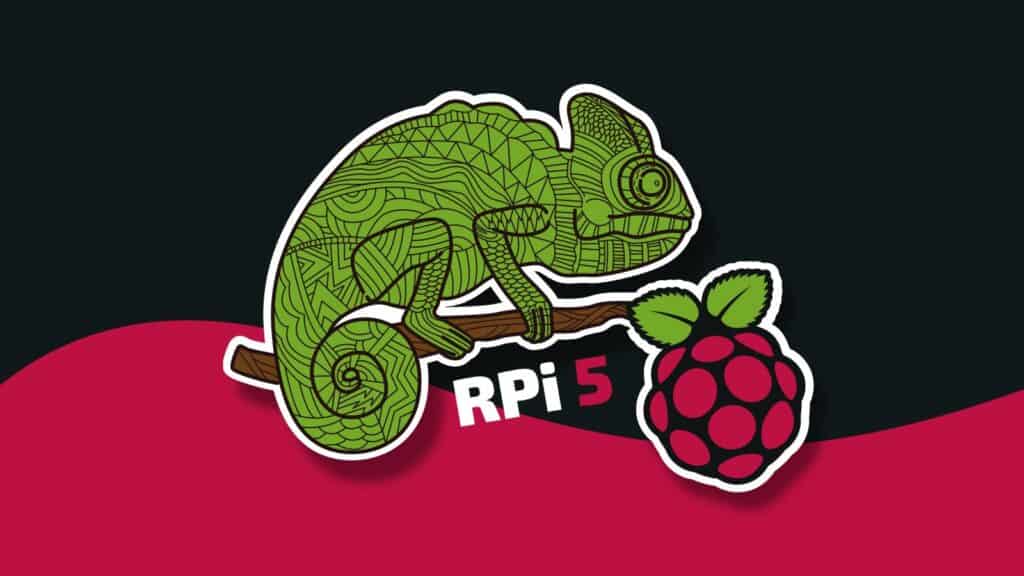Raspberry Pi 5 users have a good reason to celebrate. SUSE’s Hardware Enablement team has delivered long-awaited U-Boot support for the Raspberry Pi 5, a vital component for booting Linux distributions on ARM devices, significantly improving openSUSE compatibility and boot options for the latest Pi hardware.
Unlike typical server-grade systems that rely on UEFI, smaller boards such as the Raspberry Pi depend on U-Boot, a universal bootloader commonly used in embedded systems, to initialize hardware and load operating systems.
Notably, the official Raspberry Pi OS bypasses any bootloader entirely, which is why SUSE’s involvement is so significant—it brings a robust, standard boot path to a platform that has historically lacked one.
Once PCIe support is fully merged, users will also gain USB boot capability, meaning the same self-install and appliance images available for openSUSE MicroOS and Tumbleweed will just work out of the box on the Raspberry Pi 5.
Before trying openSUSE on your Raspberry Pi 5, however, SUSE advises users to ensure their device’s firmware is up to date. So, before experimenting with openSUSE or MicroOS on the Raspberry Pi 5, users should ensure their device has the latest EEPROM firmware.
If the board is new and lacks an installed system, the EEPROM can be updated using the Raspberry Pi Imager tool. Alternatively, from an existing installation, run:
sudo rpi-eeprom-update -a
sudo rebootCode language: Bash (bash)Finally, with U-Boot support now in place, most Raspberry Pi 4-compatible openSUSE Tumbleweed appliance images should work on the Raspberry Pi 5. For users seeking an immutable setup, MicroOS is also supported.
Although openSUSE Leap and Leap Micro are currently out of scope, full support is planned for their upcoming 16.1 and 6.3 releases, expected in late 2026.
For more information, see the announcement.
